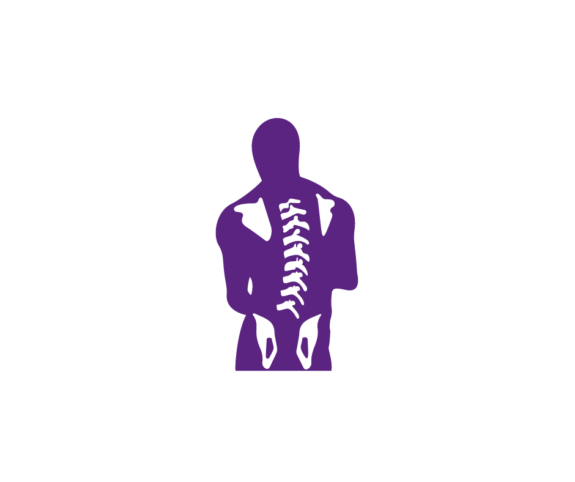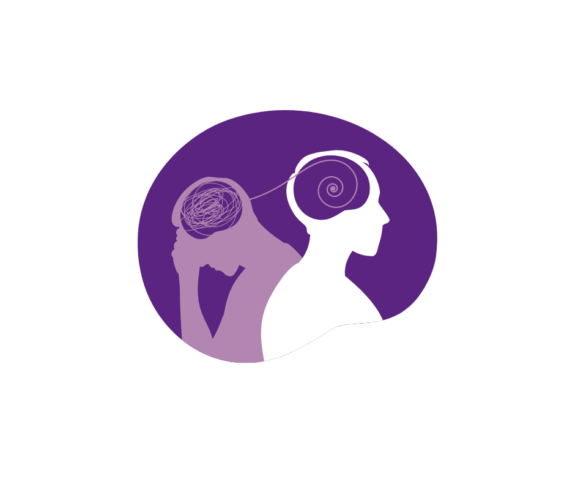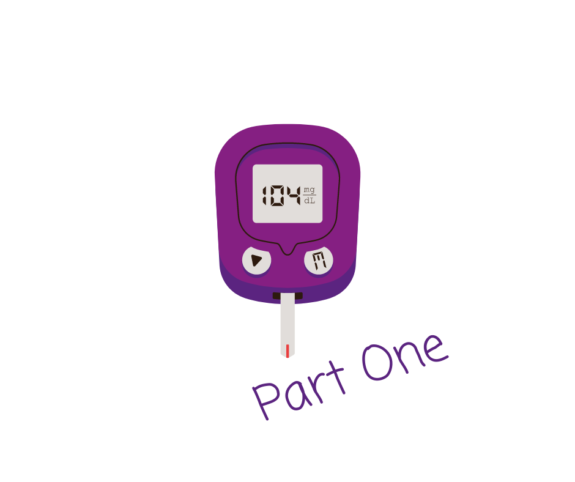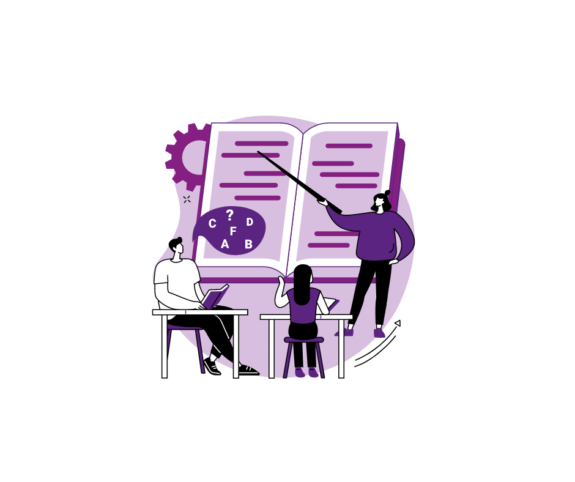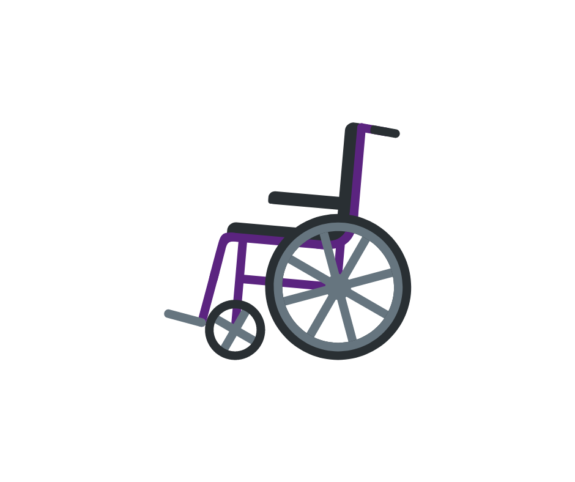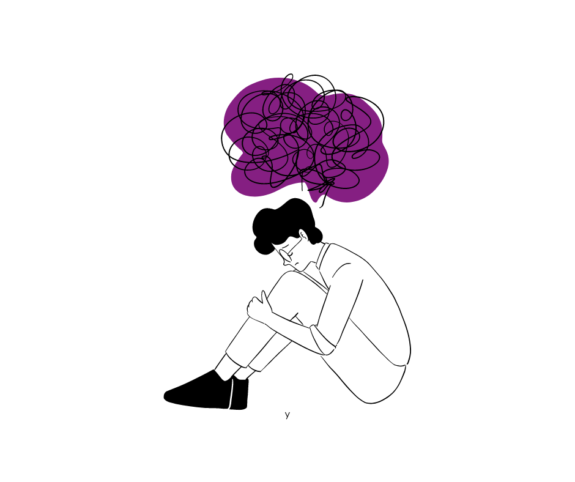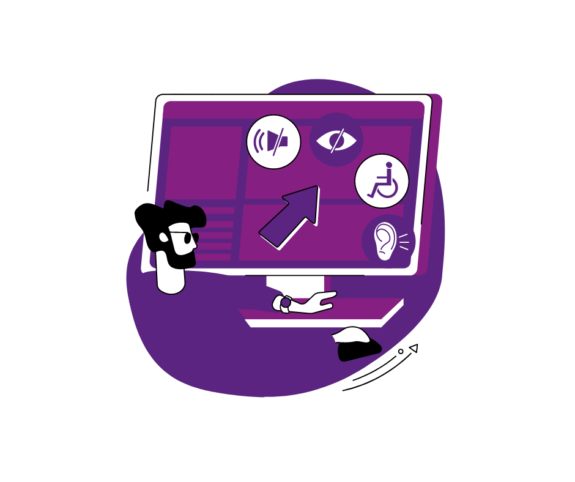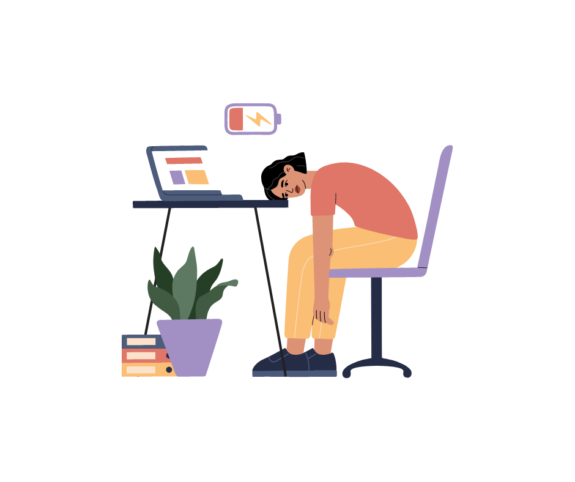Cauda Equina. A fancy name for a little-known condition that can have a big impact on its sufferers. It can begin initially as simple back pain but in reality, it’s anything but simple and the effects can be life changing.
So what is Cauda Equina?
A very good question and a relatively easy one to answer. Cauda Equina is the Latin name for the bundle of nerves at the end of the spinal cord and is called that because the nerves look like a horse’s tail. These nerves are responsible for sending messages from the brain to the lower body and if they’re not working properly, can cause a lot of problems.
So what is Cauda Equina Syndrome (CES)?
Cauda Equina Syndrome can occur if the nerves in the horse’s tail become squished which means that the messages can’t get through properly. It’s a condition that needs emergency treatment or it can cause permanent damage to the nerves going to your lower body.
What are the symptoms?
The symptoms can initially seem like lower back pain (which we all get, particularly if we’re sitting all day) but there are a few red flags to watch out for:
-
Back pain, sciatica or leg weakness are things that can affect anyone but don’t necessarily mean you have CES unless it’s in conjunction with other symptoms.
-
Bladders Issues: This can be just having trouble stopping and starting or can be complete loss of sensation in the bladder leading to incontinence.
-
Bowel Issues: Similar to the bladder problems a person may notice constipation, an inability to control the bowel or an inability to feel what’s happening while on the loo.
-
Saddle Numbness: If you’ve ever sat on a horse or on a bike for a protracted period of time you can find yourself feeling that your bum has gone to sleep. This is saddle numbness but it can affect the whole area, not just your bum.
-
Sexual Problems: Loss of sensation to the entire area.
If any of these symptoms occur in conjunction with lower back pain (or even just on their own really) that is definitely the time to seek medical help and quickly. The first twenty-four hours are crucial in getting a diagnosis as if the issue is left too long, permanent damage can occur.
Can we fix it?
Yes! While there’s no guarantee for any medical condition or procedure, if caught early enough it’s very possible to decompress the nerves and regain any lost functions. However, if there’s a delay in diagnosis or treatment it can lead to a permanent disability.
What kind of symptoms can someone be left with?
Symptoms do tend to vary from patient to patient as does the severity of them. Some people are left completely wheelchair bound with no functionality in their lower body or control over their bladder and bowels, where others experience a range of other symptoms including (but certainly not limited to):
– Leg weakness which can cause problems with balance and walking
– Nerve damage with altered sensation in legs and feet
– Incontinence
– Pins and needles
– Chronic back pain and degeneration
– Back spasms
– Motor weakness and sensory loss
– Sexual dysfunction
– Depression and anxiety
All of these symptoms mean that sufferers can be limited in their daily activities. Things that you and I would take for granted such as picking up children, carrying bags or standing on our tiptoes are things that people with CES may not be able to do at all.
Even with things they can do, they still need to be more careful and think about the logistics before doing it. Stepping off a kerb too heavily or the wrong way can cause the back to jar. A damages spinal cord and weakened lower body can mean that the abdominal muscles are much weaker so picking your legs up getting in and out of a car has to be a much more careful operation. Any kind of fall could cause immense pain and even serious damage.
What kind of support is available for people with CES?
Unfortunately, very little. There is no dedicated service within the NHS (we still love the NHS but there is a need for a service), no Occupational Therapists and only a small amount of physiotherapy offered for a short amount of time. There’s no emotional support available so all of that anxiety and depression caused by the often life-changing circumstances and worries goes untreated unless patients are able to pay for private healthcare which, for many, is simply not an option, especially if they’ve had to stop working due to the condition.
There are a few charities dedicated to helping people with CES (see the list below for more information) but they are few and far between and chronically underfunded.
To sum it all up, Cauda Equina Syndrome is potentially life-changing and really, really not fun to deal with. So if you notice any of the symptoms listed above then please, please go and see your doctor. It can be a bit embarrassing to talk about things like incontinence but speed is of the essence with this one and could make all the difference! And please do take a look at some of the links below. The more awareness we can raise for this condition, the more people we can help.
